

Transcranial Magnetic Stimulation 3 Companies Saying No to Drugs.
In these two examples, medical professionals can provide us with quick and easy solutions to our ailments. Thousands of illnesses, diseases and injuries can all be identified and treated quickly thanks to the ridiculous progress that medicinal research has made.
However, one area we are still nowhere near understanding fully is the brain. It contains around 86 billion nerve cells, each of which has a different function and purpose when it comes to controlling some part of our body, mind or emotions.
That’s why when something is wrong with the brain in the form of a neurological disorder, it’s still so difficult to treat. Treatments for conditions like MDD (Major Depressive Disorder), Alzheimer’s and Parkinson’s disease do exist, but there are precisely zero cures available in the same way we can cure the flu, or a broken finger.
The treatments in question, like antidepressants prescribed to MDD patients, can have some impact but they also come with side effects that can make patients choose to avoid them. When dealing with something as complex as a neurological condition, it seems that there aren’t any ‘one size fits all’ pharmaceutical treatments.
This is why neuromodulation is so fascinating. It represents a way to tap into the brain in a different way, altering nerve activity through targeted delivery of electrical or chemical impulses. This is truly the next frontier in the treatment of neurological conditions and could eventually spell the end of pharmaceutical treatments in this area.
Going back to the conditions I mentioned earlier, TMS (transcranial magnetic stimulation) technology is proving to be a particularly interesting subsector of neuromodulation. TMS specifically uses electromagnetic coils, placed against the scalp which painlessly deliver a magnetic pulse which stimulates cells in the brain involved in mood control. TMS can reawaken areas in the brain that have become inactive in people with depression.
The treatment is so new that the biology involved isn’t completely understood yet and that’s part of what makes it such an interesting market to work in. I’m lucky enough to work in this cutting-edge market every day, and I’d like to highlight 3 companies that I believe could change the game in TMS treatment this year.
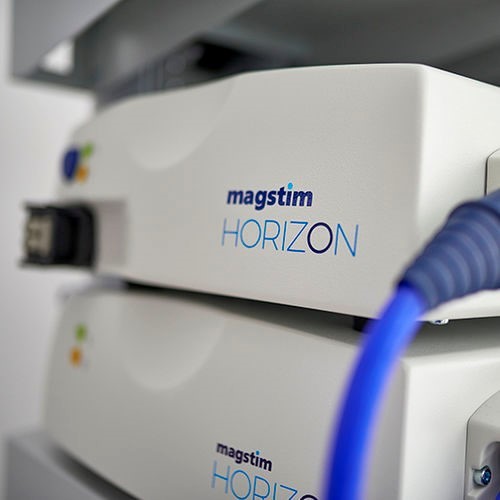
Magstim are leading the way in the world of TMS; their Horizon TMS Therapy system is the most widely used in the world. As one of the true pioneers in this area after commencing research in 1990, they are currently reaping the rewards of their commitment to advancement in the space.
Operating commercially in the US and EMEA, their treatments can be used to fight MDD, Multiple Sclerosis and even severe spinal injuries.
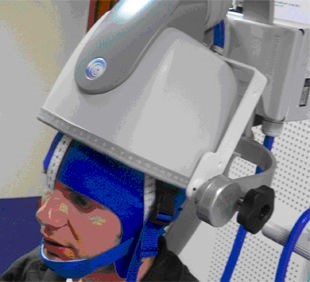
This Israeli start-up are developing a novel Deep TMS Therapy that is primarily used to treat depression. In addition to this, Brainsway is awaiting a decision from the U.S. FDA about potentially marketing its device for treatment of obsessive compulsive disorder.
This could potentially open the door for TMS being able to treat a much wider range of indications which is something to look out for.
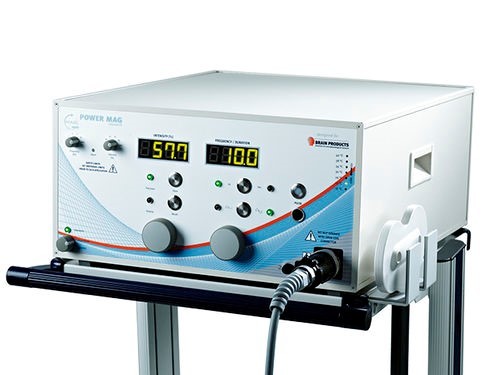
Another well respected leader in the field of TMS development, German-based MAG & More are my third selection. They develop and manufacture a range of coils, stimulators and accessories which are currently available to over one billion people in the 30 markets they operate in globally.
Their MDD treatment takes less than 40 minutes to administer and is usually administered four to five times a week over a four to six-week period. They report remission rates of MDD patients following treatment at 18.6% - proving that the technology is still in its infancy, but the future looks bright.
It’s a real privilege to be in my position and be able to take a view of the whole market. I’m really excited to watch the TMS space develop further this year as the market matures. With a whole host of other companies in addition to those above planning market entries, the future looks bright for both patients and surgeons trying to tackle the challenges presented by previously untreatable conditions like MDD.
Recommended.
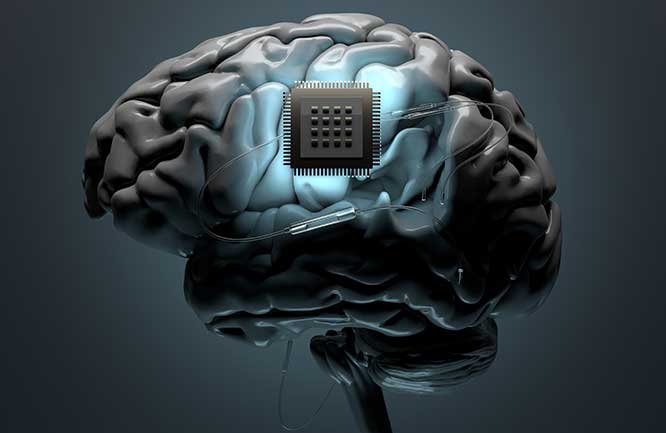
Five Neuromodulation Companies to Watch.
The breadth of neuromodulation advancements is astounding. I take a look at the top 5 device companies to watch in the year to come.

What Does Consumer Neurotech Innovation Mean for the Medical Device Industry?
Integrating systems into the human brain to control our everyday devices may seem very ‘Black Mirror’, but thanks to modern neurotechnology it's quickly becoming reality. Click to find out more.
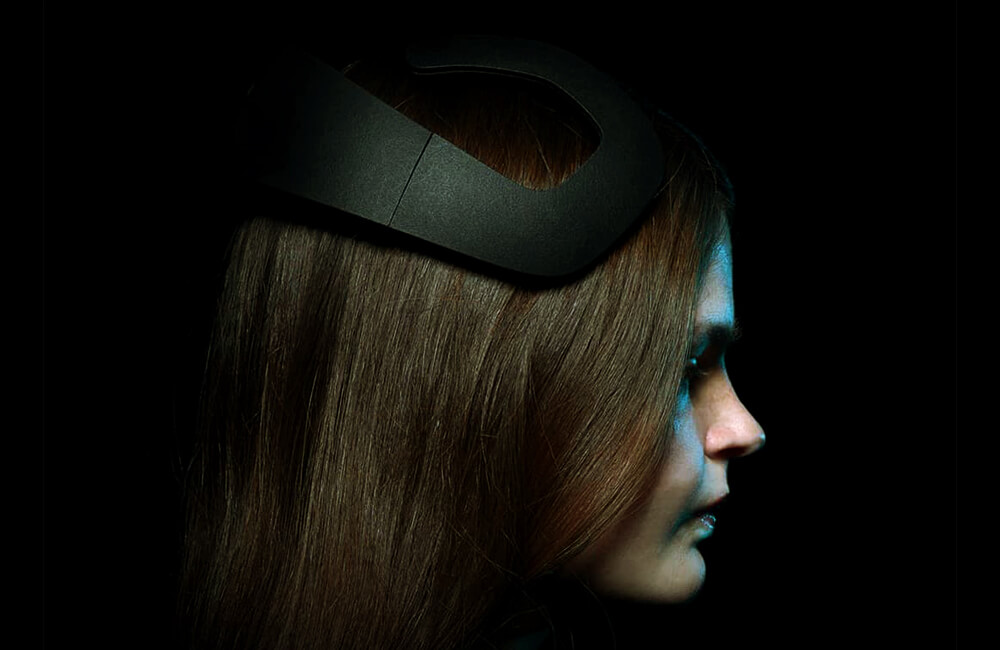
What Can Brain-Computer Interface Actually Do?
With so much media attention surrounding the entrance of Elon Musk into the brain-computer interface space, I've collaborated with two experts to find out what this sci-fi-esque technology can actually do.
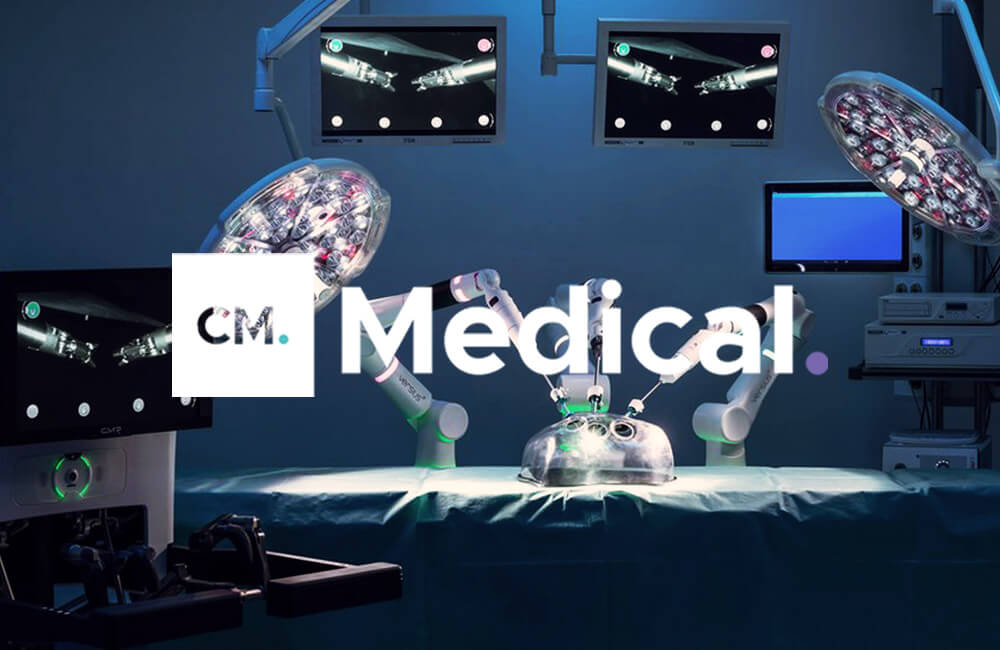
What Can You Expect from Med-Tech in 2021?
There’s optimism throughout all the med-tech markets we serve and to celebrate this we asked our CM Medical recruitment specialists about innovations, industry news and trends to expect from the year ahead.
Comments.